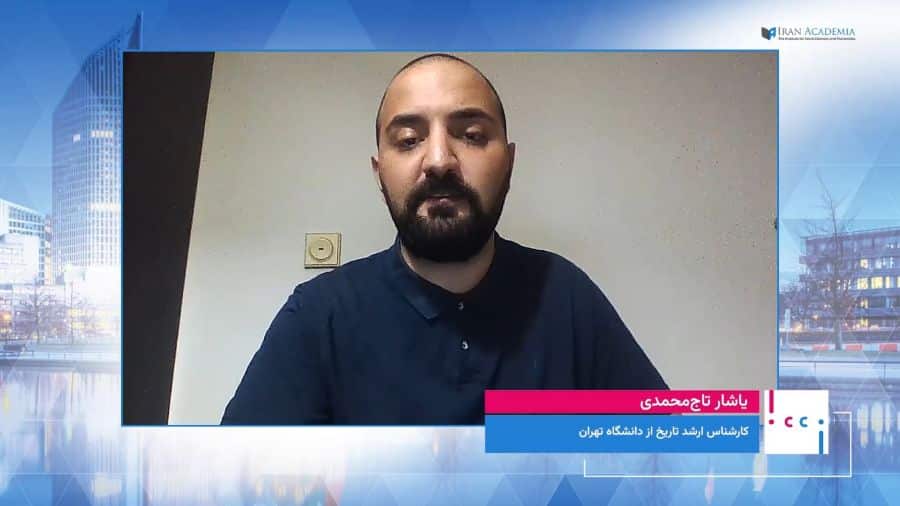The primary intellectual stream of Iran in the 1340s and 1350s (1960s and 1970s) was affected by the discourse of “Westernization” and the discourse of “returning to oneself”. Researchers of contemporary Iranian history, particularly those who have focused on the historiography of intellectual currents, have mostly examined the writings of prominent figures of these discourses to date (especially Jalal Al-Ahmed and Ali Shariati). In addition to these main intellectual discourses, we may also trace other discourses that have not gotten much attention from the researchers of the history of thought in Iran. This article seeks to rebuild and reconstruct one of these peripheral discourses by depending on the works of one of its prominent individuals. The foundations of this intellectual heritage, which we read under the rhetoric of “Iranian secular and democratic socialism”, may be traced to the conclusion of the Qajar period. Since the creation of Armenian social democratic parties in the early years of the 20th century, the ideology of social democracy has taken root in Iran. But with the occurrence of the October Revolution in Russia, this left-wing intellectual movement in Iran was eclipsed by the immense influence of Russian Marxism and was sidelined. However, throughout the 20th century, independent thinkers such as Grigor Yaqikian, Khalil Maleki, Mostafa Rahimi, etc. have engaged in individual and sometimes organizational actions that can be placed within the concept of “Iranian secular and democratic socialism”. Although it cannot be said that all these intellectuals consciously and purposefully followed the same line of thought and were influenced by their predecessors, by examining their works and opinions, it is possible to recover a more or less common intellectual framework that reveals specific discourse boundaries. As its title suggests, this discourse includes four fundamental elements: socialism, secularism, democratism, and Iranian nationalism. This discourse is distinguishable from right movements (both extreme right and mainstream right) in that it trends towards socialism. Since he believes secularism as a necessary feature, he differentiates himself from the proponents of the theocracy. In terms of its dedication to democracy, it has a decisive demarcation with the left-wing groups and the pseudo-fascist and monarchist right. And finally, the focus on the desire to integrate and merge with the Iranian culture distances this intellectual tradition from its foreign rivals. Each of these lines of distinction has been manifested in the form of an intellectual dispute with competing discourses, and the thorough description of these distinctions and their examples must be postponed to the main text of the article. By more closely examining the opinions of one of the leading figures of this intellectual tradition, namely Mustafa Rahimi, we will clarify how the combination of the above elements has led to the formation of a unique identity for this discourse and distinguishes it from other intellectual competitors. Accordingly, Mustafa Rahimi is not an exception among Iranian thinkers, he belongs to a rich intellectual lineage.
Speech of Yashar Taj Mohammadi




